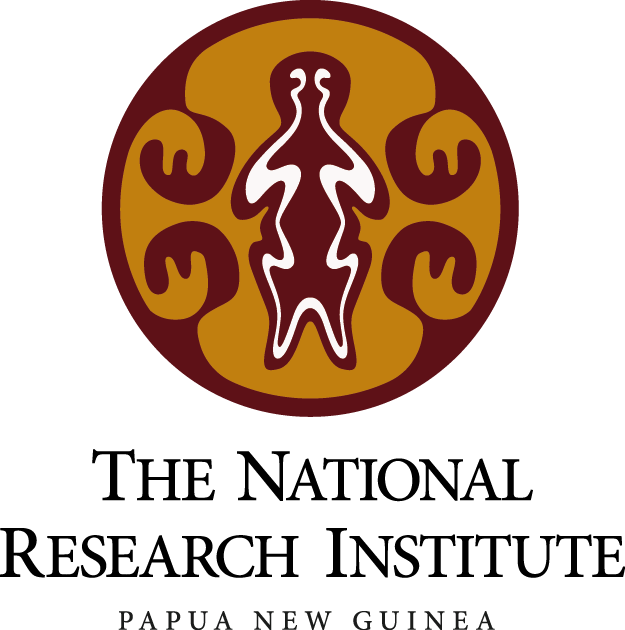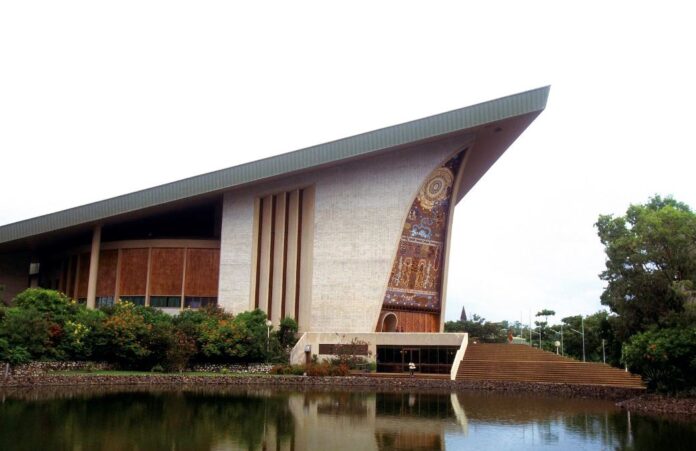THE Constitution & Law Reform Commission, Electoral Commissioner and Registrar of Political Parties must be commended for their work to improve the electoral system and the development of political culture.
PNG has adopted the Westminster system of democracy, with its established precedents and procedure, but its implementation is lacking in PNG, and hence, the various laws to give effect such as the Organic Law on National and Local level Elections (OLNLLGE) and Organic Law on Integrity of Political Parties and Candidates (OLIPPAC) and Parliamentary Standing Orders’.
Certain sections or provisions in the OLIPPAC dealing with voting for the Prime Minister, Budget and Constitutional Laws and dealing with party hopping was deemed unconstitutional by the Supreme Court in 2010 and the revised OLIPPAC has not made it onto the floor of parliament since the 2012. The Standing Orders have also not been corrected and in recent times, had created problems in Parliament including going to the Courts instead of Parliament correcting it. Whilst the OLIPPAC is pending the CLRC presented its Report into the Election Laws and Elections in 2019 which needs to be tabled.
The Marape led Pangu Pati Government need to introduce the Reports and the OLPPAC Law and the Parliament Standing Orders amendments in the April Parliament session if it wants to see a fair and free elections and political and economic stability.
The Organic Law on the Integrity of Political Parties and Candidates was enacted to protect elections and political process and to bring stability in the system of Government and to strengthen our system of voting in Parliament based on party policies; to develop and nurture a democratic political culture and to ensure participation of people in electing their leaders in any Government system.”
The Election Laws needs to be changed to ensure that LLG and Provincial Elections must also be in compliance with OLIPPAC if we want to grow the political party system in PNG. All elections must have single party endorsement so that political parties start at the grassroots level, at the Ward and LLG elections so that voting on policy starts at the lower levels. He said the issues facing the country is whether political parties can engage in open competition, have access to voters, have equal access to media and means of communication and have resources to travel widely and sell platforms and endorse candidates.
We know that political party reform had little effect on voting behaviour however, in the long run, our system of government is based on political parties and policies and we cannot run away from it.
The parliamentary practice must facilitate the political party system and development goals. “Party leaders must be given the first opportunity for debate on law and policies, to speak on the party position which is lacking. If the Party Leader is sacked as a Minister, it means the whole party is sacked from government and not a single MP only.
Looking at the political system and policy making process in PNG, political parties played a significant role as seen in the Constitutional Planning Committee (CPC) composition, CPC Final Report and other Reports presented to the Constituent Assembly, as it is based on political party affiliation, debates and votes, hence, the role of political parties as part of the political process and in the social and economic and political aspirations incorporated into the Constitution.
Without reforms, the present, elections are typically described as contests between personalities and clan and not between political parties and or ideology and policies.. This leads to the interest and ideals and governance of the political party and the country that contributes to governance issues. Political parties can regulate leadership when leaders who vie for public elective office are voted democratically and are part of a political party instead of being involved in traditional type ‘bigmen” politics where persons can shift allegiance upon patron-client relations”
The NRI in 2005 conducted a Workshop looking at changes in OLNLLE and OLIPPAC to introduce biometric voting based on the Indian experience. NRI has assisted political parties in the review of their policies and philosophical statements and also in organising Seminars for political parties to present their Election Platforms.
Starting in June 2021, the NRI will be extending its support to all political parties including calling on each political party to present their policies to the public leading up to the 2022 National Elections.
It is the call of the people to all political party leaders and the Members of Parliament to utilise Political parties to develop modern leadership and governance that goes away from wealth accumulation and distribution to body of followers that can distort the distribution of State wealth and is a risk to attainment of development objectives.
We anticipate the Prime Minister would introduce the Organic Law on Integrity of Political Parties and Candidates (OLIPPAC) to protect elections and political process and to bring stability in the system of Government and to strengthen our system of voting in Parliament based on party policies; to develop and nurture a democratic political culture and to ensure participation of people in electing their leaders in any Government system.

Mr Wilson Thompson is the PNG NRI Council Chairman.

